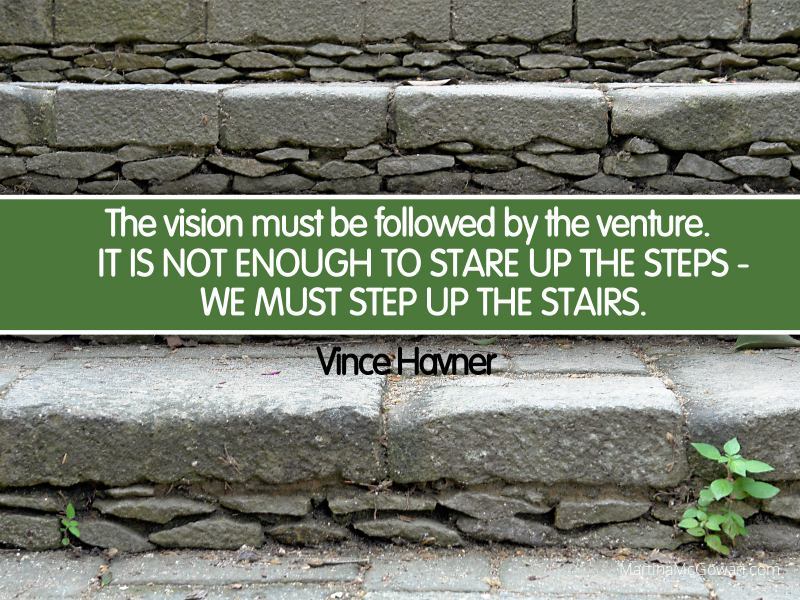I am a struggling, and hopefully recovering perfectionist, which is probably why I write it about it often. To get an honest answer you’d probably need to check in with my children and friends. Today, I want to talk about that all-too-common struggle between perfection and happiness. It’s a tug-of-war that many of us face, but it’s a battle I think we can win.
If you think you too might have perfectionist tendencies, here are a few questions to start us off. You can either ask them standing in front of a mirror or write the answers in your journal…
- Can you think of an instance in which perfection was the enemy of your progress?
- Do you tend to notice, and perhaps feel the need to comment on, what’s wrong much more often than what’s right?
- How has the pursuit of perfection affected your relationships? What have you done about this?
- Has it been hard to complete tasks because there’s always something to be improved upon?
- Do you often forget, or gloss over your successes and fixate on your failures or missteps?
- Has the urge to do something perfectly ever left you feeling stressed, worried, and worn out?
- I’ve been to each of these places many times.
The Battle Between Perfection and Happiness
“Perfectionism is the enemy of happiness.
Embrace being perfectly imperfect.
Learn from your mistakes and forgive yourself, you’ll be happier.
We make mistakes because we are imperfect.
Learn from your mistakes, forgive yourself, and keep moving forward.”
Roy T. Bennett
Perfectionists refuse to accept any results short of perfection. These people are often high achievers. But, just as often, they are not.
The urge to be perfect can be a huge disadvantage. And, most perfectionists are anything but happy. When our standards are set at unreasonably high levels, we are unlikely to have many moments in our lives when we feel content or satisfied.
Perfectionists don’t usually have a problem admitting that they are stressed, worried, and exhausted. It’s not easy trying to be perfect or right all of the time!
Here’s how perfection and happiness don’t harmonize:
1. The need for perfection often guarantees failure. The need for perfection is a losing endgame. Absolute perfection can never be attained, so by choosing perfection, we are choosing to fail. Happiness is hard to achieve when we feel we are failing at everything we do.
2. Perfection breeds anxiety. When we feel the need to be perfect, we are bound to be anxious. We worry all the time when perfection is the only acceptable result.
“Healthy striving is self-focused:
“How can I improve?”
Perfectionism is other-focused:
“What will they think?”
3. Perfection is the enemy of progress. Perfection gets in the way of making meaningful progress in most things. Perfection is tedious, slow, and often repetitive. When we don’t feel we are making progress in our lives, we’re not going to be happy.
4. Perfection forces us to use our time inappropriately. When we try to be perfect, we spend too much time on things that simply don’t matter in the long run. There are plenty of things in life that require results that are less than absolute perfection.
● Stop spending the time to be perfect when it just doesn’t make sense.
5. Perfectionists are likely to procrastinate. Given that the drive for perfection creates anxiety and consumes a lot of time and energy, perfectionists are more likely to procrastinate than the average person.
● It’s not easy to get started when we know that our results have to be perfect.
6. Perfectionists notice what’s wrong, rather than what’s right. Perfectionists often only recognize what’s wrong with something or someone. They pick up on every detail that isn’t “right.”. They rarely acknowledge what’s good. They are keyed in on the flaws and the deficits. This is a hard way to live and certainly sacrifices happiness and camaraderie. It also makes us feel disheartened about our own work, our home lives, and of course, ourselves.
● Perfectionists fixate on their failures and their missteps making them unhappy.
7. It’s challenging to complete anything because there’s always something you could improve upon. Whether you’re working on a project for your job or building a deck for your house, it’s a struggle to complete things and move on. A perfectionist will always find a way to make it even better. And keep making it better, and keep making it better.
● Having a lot of unfinished tasks hanging over your head is stressful and unsatisfying.
8. Perfectionists expect others to have equally high standards. Perfectionists are hard people to be around for long periods of time. Because they are so critical of others they are often lonely. They are prone to relationship challenges. Loneliness and a lack of social support prohibit happiness.
It’s not easy being a perfectionist! While it’s important to give crucial tasks the necessary attention, spending too much of our time and attention on noncrucial things is a waste of time and mental energy. There are better ways to spend it!
“At its root, perfectionism isn’t really about a deep love of being meticulous.
It’s about fear.
Fear of making a mistake.
Fear of disappointing others.
Fear of failure.
Fear of success.”
We have to work to tame the tendencies that push us to try to be perfect!
These tendencies are blocking the happiness and love you deserve.
Let some of the details go and experience a life you truly enjoy.
Choose happiness over perfection!!
How do I tame some of my own tendencies toward perfection?
One of the ways I try to tame a bit of my perfectionism is to limit the number of times I can edit a blog. There will always be a better quote, a crisper picture, and a pithier way of turning a phrase. But, it will never be 100% perfect.
What advice do you have to offer on this subject? I am always open to fresh ideas. Leave your suggestions in the comments below.
If you know someone who might benefit from this, please share and subscribe.
Chat soon…




